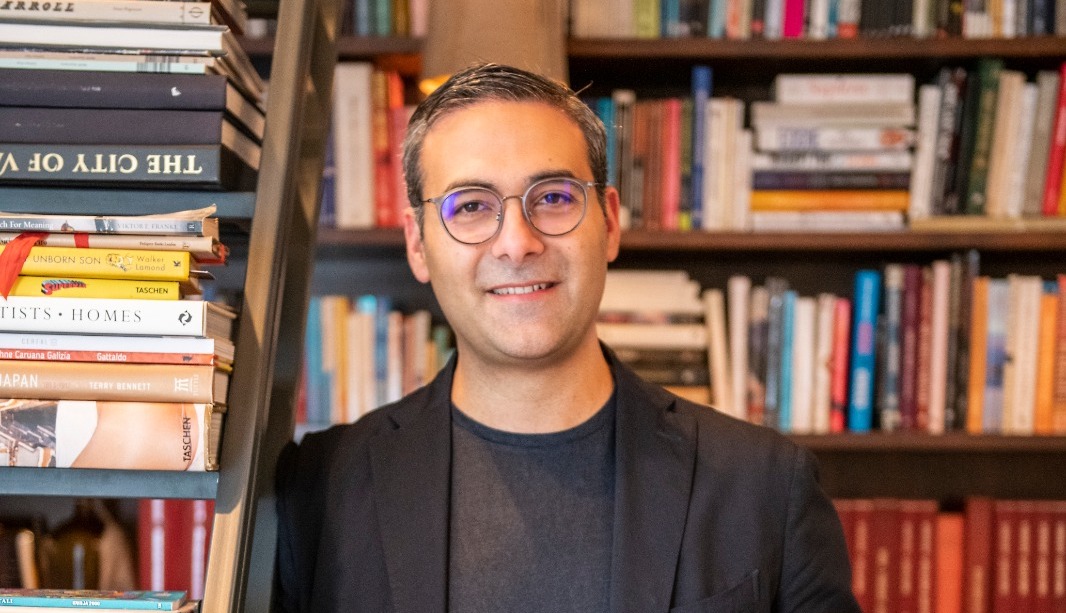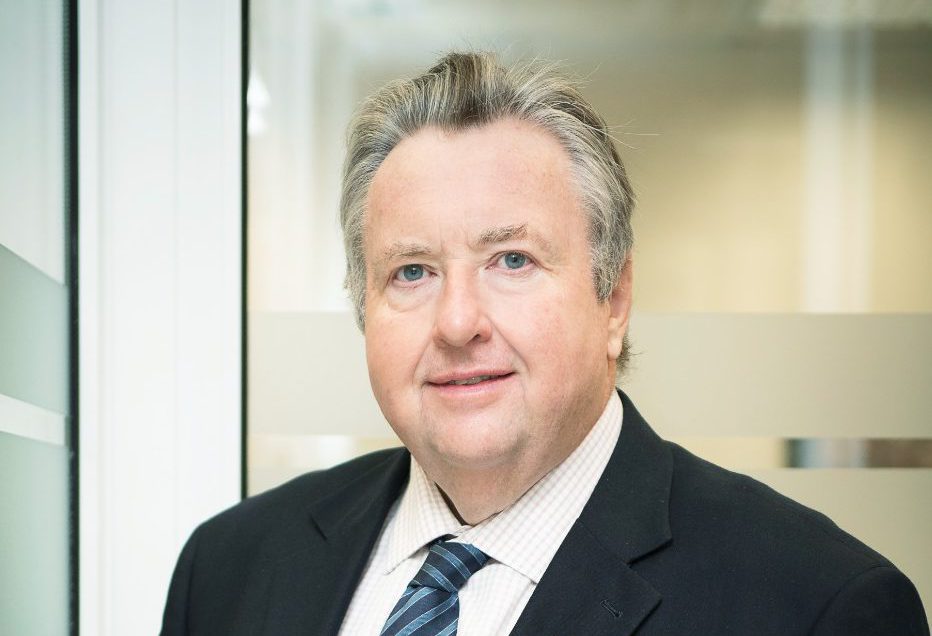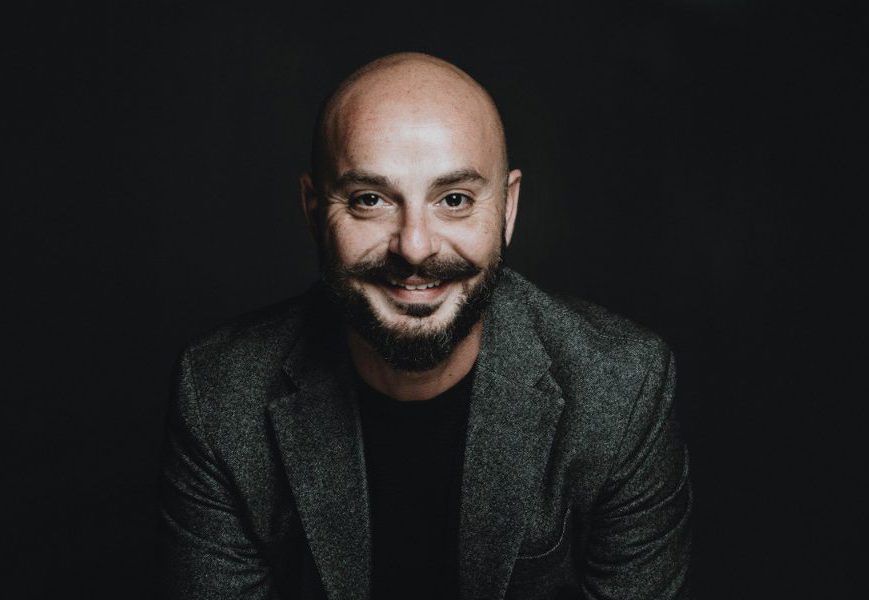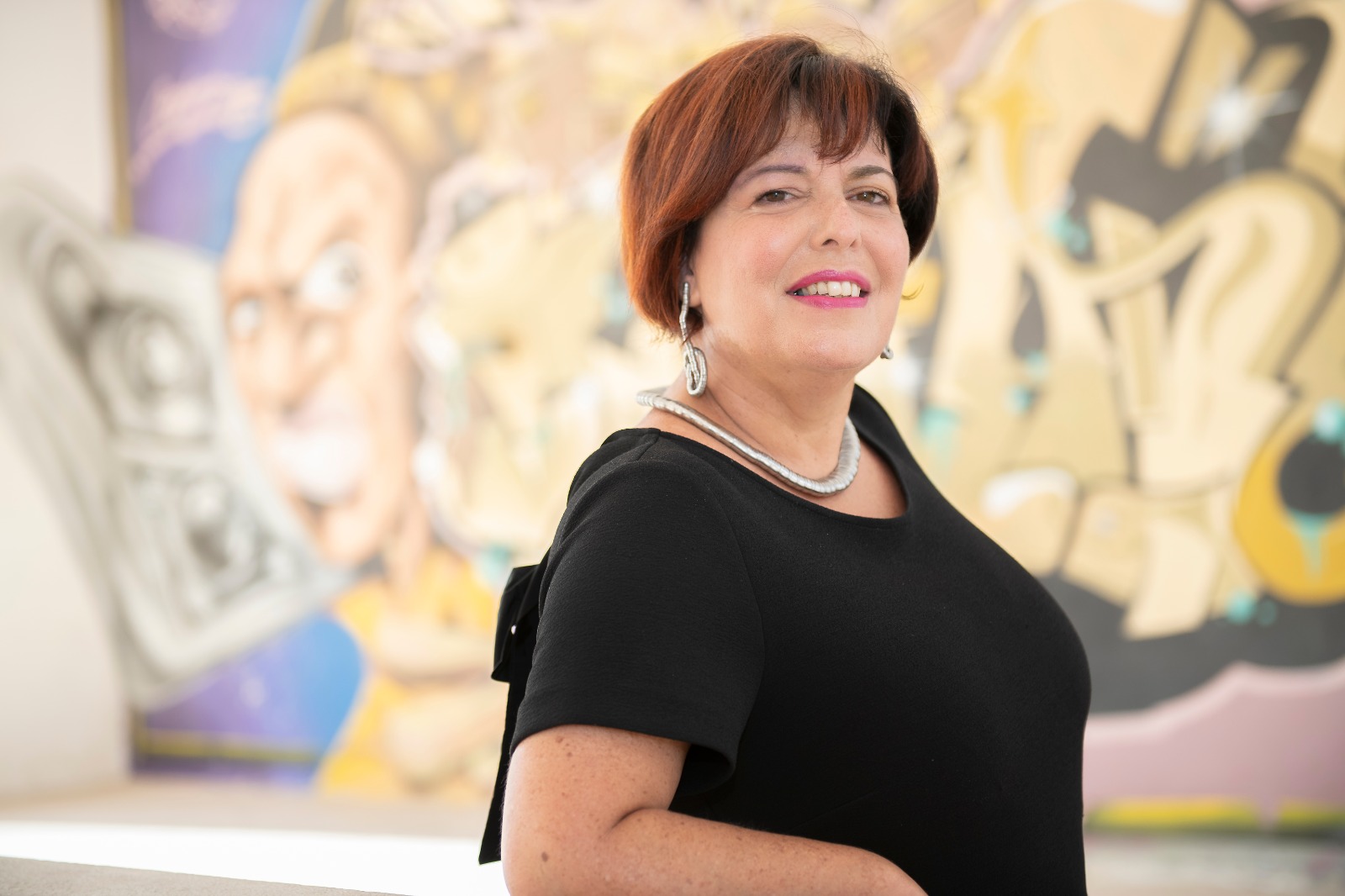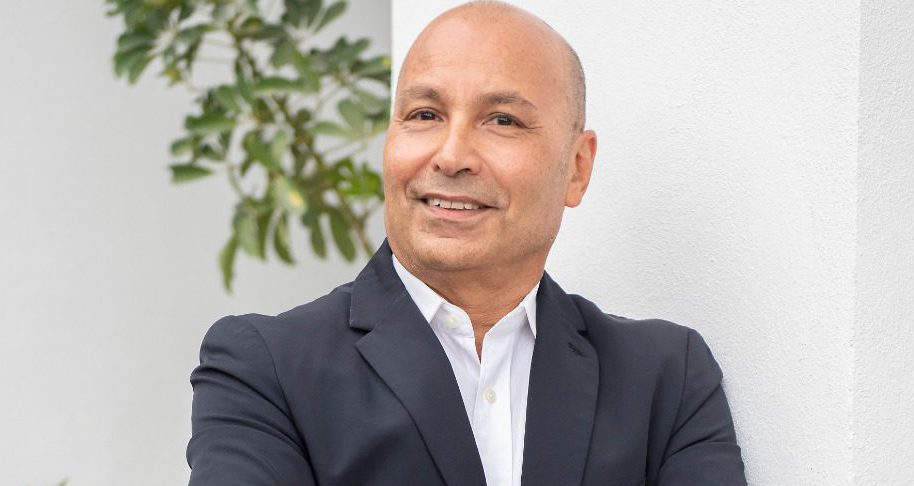As a champion for new technologies, entrepreneur Dr Gege Gatt is driven to accelerating digital transformations, particularly in the adoption of Artificial Intelligence tools. The CEO – who runs AI firm EBO – started his career as a lawyer, graduating from the University of Malta in 2002, and he believes it is this educational background that gave him the skill set to push the envelope in the ICT field.
“Law provides a strong foundation for combined academic studies. More importantly it introduces one to logic, critical thinking, reasoning and analytical skills. It also provides a strong sense of justice and thirst to improve defects in ‘the system’. All of these skills are the same cognitive requirements for running a technology business. The rest (finance and IT) are learned fields of knowledge,” he insists.
Indeed, Gege’s role today relies on these intellectual capabilities, for “most of it has to do with setting strategy, modelling and forming culture, and consistently providing clear communication,” he explains, adding that “the day-to-day, then, often involves delving into cash, product vision, brand, performance management and allocating capital to the right priorities.”
Looking back, he says his career has been marked not by specific events which have pivoted his trajectory but, rather, by “unfolding instances” – lessons learnt through direct experience, which have resulted in a maturation of attitude and perspective.

“For example, the consciousness that, as a leader, one of my main functions is to absorb fear and exude hope. Or that in leading any organisation you must serve it by giving it meaning and adding value through intelligent optimism. Or the centrality of trust and transparency with all stakeholders. Or the imperative of agility in business processes,” he asserts.
His typical day is characterised by an openness to fortuitous discoveries, framed within a well-defined structure. “Because our team is spread over four countries and our customers operate across multiple time-zones my days are colourful. I confess to spending a significant amount of time planning my days in advance. I typically draw up a grid divided up into four sectors: team, strategy, product, and growth, and then list out the tasks that need to be accomplished in each sector,” he describes.
He relishes the challenges each day throws his way, saying that “running a company isn’t always glamorous. It requires discipline, especially in execution.” And, he gets a kick out of finding solutions that provide a “tangible benefit in society – whether in the form of innovation or simplicity (and often both).”
Human resources, he continues, is one of the most difficult functions to manage when running a business, particularly for small companies, for “it’s disappointing when people you select fail you.” Yet, he is acutely aware that “ultimately, people don’t work for a company, they work for a leader,” and this puts more responsibility on his choice of the team, he says.
And it’s a responsibility he takes very seriously, particularly in light of his exacting approach to work, as he insists that there cannot be a stark separation between work and personal life. “While there are obvious practical differences, the two are a continuum. I am the same person in both ambits and bring the joys of one into the other. I love what I do, and I do what I love, and that provides meaning in my life,” he says.
This passion is poured into EBO, which is based in the United Kingdom, as well as into ICON, a software development company, of which he is the Director; both firms are constantly attuned to the high-speed developments occurring in the ICT sector.
Indeed, while the former, established in 2017, has, over the years, expanded into the financial services, gaming, healthcare and insurance sectors, the latter has been focused on building sophisticated technological solutions for blue-chip companies.

“The founding goal of both organisations was to capitalise on the wave brought about by two of the most important cultural forces of our time: Internet in the late 1990s and Artificial Intelligence in the last few years. Both companies are change agents. What they sell is not mere ‘technology’ in the restrictive sense but rather transformation opportunities. EBO, for instance, provides a promise around deep organisational transformation,” he says.
Both companies have had parallel histories, Gege explains, pointing to the “moment the companies moved out of ‘start-up’ mode to stability with product-market fit.” The securing of funding, and the development of a “clear strategy” are other milestones which have enabled the firms to grow from strength to strength.
And, last year provided plenty of opportunity for both firms – although Gege refers to EBO more specifically – to experiment with diverse technological solutions, as the world was forced to practically shut down in the wake of COVID-19. “The twin public-health and economic crises are driving changes in consumer behaviour that could have long-lasting effects in our society. EBO recognised this and adapted to the evolving needs of the market,” he explains.
Indeed, to respond to the crises, the firm, firstly, “created a dedicated AI toolset for the National Health Service in the UK to help address the growing public dialogue about COVID-19 – this is now a Microsoft AI showcase product. Next, we changed our business model to allow for a more distributed and low-risk payment process to offer more favourable terms to our customers. Lastly, and perhaps most importantly, we focused on empathy: understanding the concerns of the markets we serve and addressing these with renewed commitment and dedication,” he outlines.
Looking ahead, Gege expects the pandemic to have a determining effect even on the future of technology, with new tools being adopted – though these may carry risks if they are not understood properly. “It is clear that as technology is now integrated with every facet of our life, so the trustworthiness of these tools will become increasingly important in a liberal democracy,” he says, adding that trustworthiness is built by ensuring technology is lawful, ethical, robust and explainable.
And, as a result, this year, the focus will be on ensuring EBO continues to establish as a specialist in such specific toolsets. “I like to tell my team to focus on things which are ‘an inch wide yet a mile deep’. This strategy is all about finding your niche; that one focus area that is going to yield the best results. EBO is extremely disciplined in selecting the business pain points it should solve. Our data science skills are advanced but more importantly than technical prowess, we deeply care about the solutions we sell, and this motivates our customers to partner with us,” he concludes.
This interview is part of a serialisation of 50 interviews carried out with Malta’s top CEOs, featured in the bumper edition of MaltaCEOs 2021 publication, which was recently released. Despite the many challenges of 2020, this is the largest edition to date.
‘No one has a monopoly on ideas’ – Trust Stamp CEO, Gareth Genner
With an extensive background in entrepreneurship and tech, Gareth Genner combined his passions to launch start-up company, Trust Stamp.
‘Our ethos is quality’ – Reuben Lautier, Director of Natural Stone Workshop
Reuben has been running the business, set up by his father in 1984, for almost 20 years.
‘I relish the opportunity to inspire young people to learn, and to learn from them’ – Miriam Teuma
Agenzija Żghażagh provides young people with the time and space to make friends, learn new things and develop their talents.
‘With collaboration, perseverance and innovation, we will achieve our objectives’ – Carmel Cachia
The eSkills Malta Foundation CEO shares his mission to improve Malta’s digital skills.


